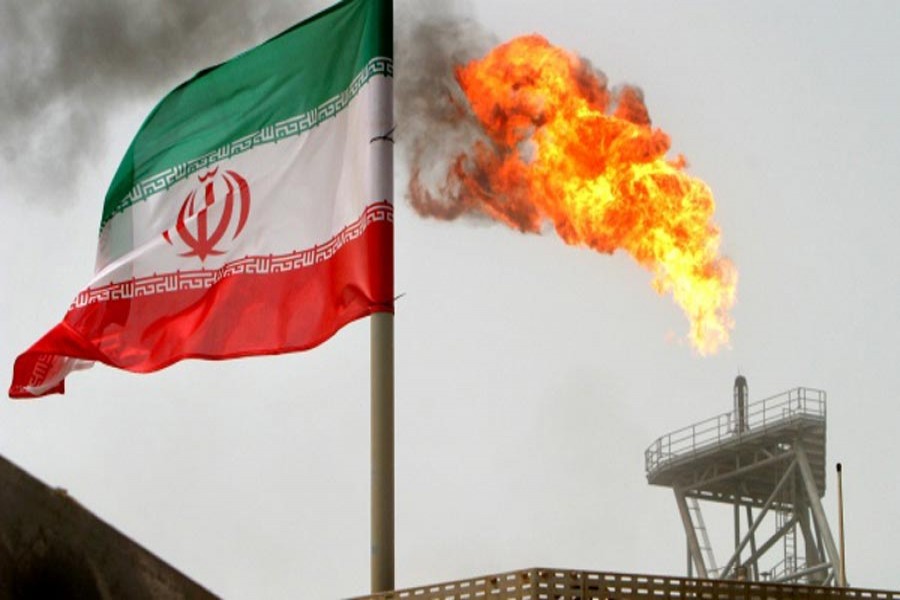Iran oil exports to plummet in November, then rebound as buyers use waivers

Published :
Updated :

Iran's oil exports have fallen sharply since US President Donald Trump said at mid-year he would re-impose sanctions on Tehran, but with waivers in hand the Islamic republic's major buyers are already planning to scale up orders again, reports Reuters.
The original aim of the sanctions was to cut Iran's oil exports as much as possible, to quash its nuclear and ballistic missile programs, and curb its support for militant proxies, particularly in Syria, Yemen and Lebanon.
The exemptions, however, granted to Iran's biggest oil clients - China, India, South Korea, Japan, Italy, Greece, Taiwan and Turkey - which allow them to import at least some oil for another 180 days, could mean the exports start to rise after November.
This group of eight buyers takes as much as three-quarters of Iran's seaborne oil exports, trade data shows.
"The decision by the US (to grant waivers) represents a departure, for now, from the stated aim of reducing Iran's oil exports to zero," said Pat Thaker, regional director for the Middle East and Africa at The Economist Intelligence Unit.
As a result of pre-sanctions pressure by Washington, Iran's oil exports in November may not exceed 1.0 million to 1.5 million barrels per day (bpd), according to industry estimates, making them as little as a third of a mid-2018 peak.
"US sanctions are expected to bring Iranian crude exports down to 1.1 million bpd in November," according to S&P Global Platts Analytics.
Japan's trade minister, Hiroshige Seko, though, has already said on Tuesday that Japanese buyers of Iranian oil are expected to resume imports from the Islamic republic after the country was granted a waiver from US sanctions.
Platts also reported on Tuesday that South Korea would be able to take around 4.0 million barrels a month (130,000 bpd) of Iranian crude and condensate under a US sanctions waiver.
Japan and South Korea, both close US allies, had toed the Washington sanctions line and stopped buying crude from Iran.
India, Iran's second-biggest oil customer, also cut orders ahead of the sanctions, hoping its effort to reduce reliance on Tehran would pay off in Washington and win it a waiver once the sanctions re-started.
Even China, locked in a bitter trade war with the United States, bowed to pressure from Washington and dialed back imports.
Trading sources said several Asian oil importers are already looking to increase their orders for Iranian oil soon.
Two Chinese sources familiar with the matter said the country would be allowed to buy 360,000 bpd of Iranian crude during the exemption period.
That would be about half the daily average China has been importing from Iran since January 2016, trade data showed.
One of the sources said the US had attached some strings to the import allowance, including counterparty disclosures and laying open settlement methods, which were currently being evaluated before placing new orders with Iran.


 For all latest news, follow The Financial Express Google News channel.
For all latest news, follow The Financial Express Google News channel.